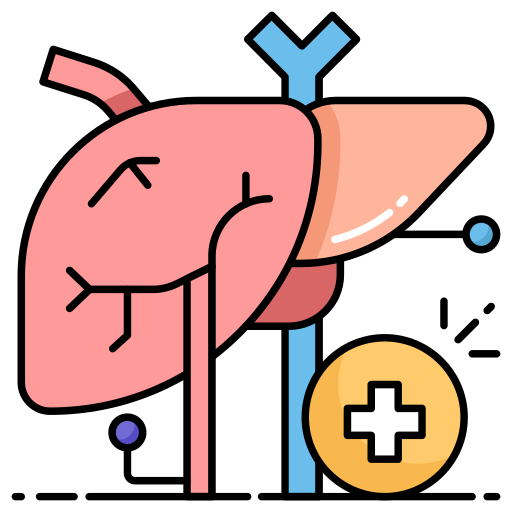The Alanine Transaminase (ALT) test, also known as Serum Glutamic-Pyruvic Transaminase (SGPT), measures the level of ALT in the blood. ALT is an enzyme found primarily in the liver that helps convert proteins into energy. When the liver is damaged, ALT is released into the bloodstream, making this test a key indicator of liver health.
Purpose of the Test:
•Evaluate liver health: Detects liver damage or diseases such as hepatitis, fatty liver disease, or cirrhosis.
•Monitor liver disease progression: Tracks changes in liver enzyme levels over time.
•Assess effects of medications: Detects potential liver damage from medications or toxins.
•Screen for liver damage: Often included in routine health checkups or liver function panels.
Conditions Indicated by Abnormal Levels:
•Elevated ALT Levels:
•Liver diseases: Hepatitis, cirrhosis, fatty liver disease.
•Alcoholic liver disease.
•Muscle injury or inflammation.
•Conditions affecting the bile ducts.
Key Notes:
•ALT is highly specific to the liver, making it a reliable marker for liver damage.
•This test is often performed alongside other liver function tests, such as AST (Aspartate Transaminase) and Bilirubin, for a comprehensive assessment.
•Regular monitoring is recommended for individuals with liver disease, alcohol use disorder, or medications affecting the liver.




Reviews
There are no reviews yet.